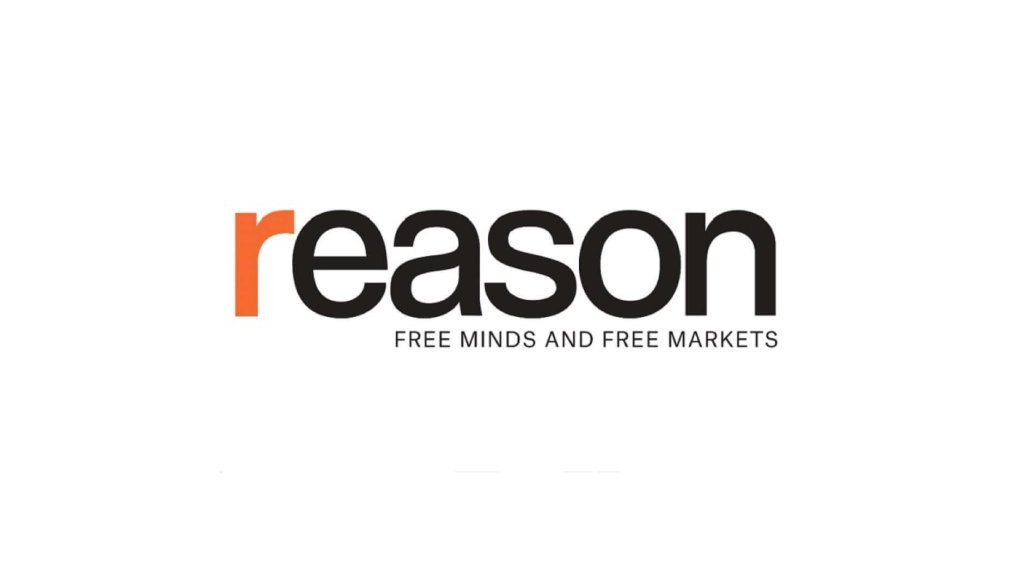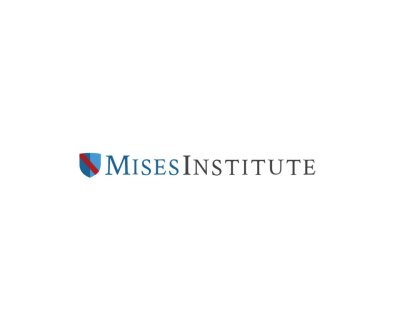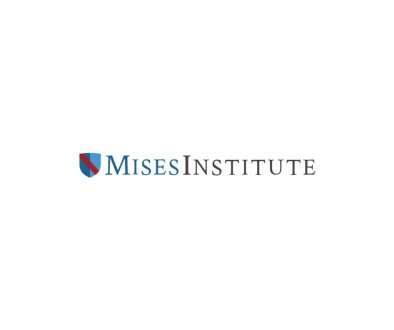Can an Immigrant Workforce Save Dying Factory Towns?
When Haitian immigrants in Springfield, Ohio, were vilified in a campaign of politicized fabrications about eating pets, Faranak Miraftab‘s mind went to a place she knew well. A professor of urban and regional planning at the University of Illinois at Urbana-Champaign, she had spent a decade writing a book about Beardstown, Illinois—a once struggling Midwestern community that has seen its population rebound since the 1990s, lifted by an immigrant population from around the world.
“I thought of Beardstown and how it exemplifies the opposite of the falsehood that is being spread about Ohio,” she said. “Towns around Beardstown are boarded up and are ghost towns. Beardstown shines thanks to its immigrants.”
For three decades, newcomers have flocked to Beardstown for opportunities in the hog slaughterhouse that anchors the local economy, and Miraftab was drawn to their stories as a lens to study globalization. Her research about them culminated in her 2016 book, Global Heartland: Displaced Labor, Transnational Lives, and Local Placemaking.
In 1987, June Conner and her husband had just bought a Beardstown radio station when Oscar Meyer closed its pork plant and laid off some 800 local workers. Around the same time, two other large industrial employers and the only local hospital closed.
“It was like, you know, here we just bought this radio station, and what effect is all of this gonna have on the business in town?” Conner recalled. “What a scare that was to the community, and what an effect it had on all the properties and the housing and everything.”
The plant, only 20 years old at the time, was still functional. A subsidiary of agricultural processing giant Cargill soon bought and reopened the slaughterhouse, and set about boosting productivity. “They wanted to create a second shift, and they didn’t have enough workers to do that,” said Conner, who produced and broadcast recruitment ads for the plant.
The second shift got started, and throughout the 1990s, the company cast a wide net across Central Illinois, even running commuter buses from 50 miles away to ease hiring.
Meanwhile, in the early ’90s, workers from Mexico turned up at the plant, willing to take jobs that were often tough and uncomfortable. Cargill sent recruiters to the Mexican border, according to local lore: “we’ll give you a bus ticket to come to Beardstown,” in Conner’s telling. Other versions described immigrants first gaining experience in the meat industry in Iowa before relocating across the Midwest through personal networks to places like Beardstown.
Founded in the 1820s on the eastern bank of the Illinois River, Beardstown was always a little rougher around the edges than the more prosperous farming communities that sprang up from the black soil above the bluffs. As a circuit-riding lawyer, Abraham Lincoln’s exploits included the 1858 acquittal in a Beardstown courtroom of a defendant from a drunken brawl, using an almanac to disprove eyewitness testimony of a fatal blow by moonlight. River bottoms on the Illinois frontier tended to be settled by Southerners arriving by water, especially from Kentucky, while the prairies between the rivers were filled by New Englanders and Northern European homesteaders who came overland.
That pattern echoed into modern political cultures, including Beardstown’s well-known status as a “sundown town,” where nonwhites were unwelcome. One Beardstown native described a sign at the edge of town in the 1960s that threatened, “Darkies: Don
Article from Latest

The Reason Magazine website is a go-to destination for libertarians seeking cogent analysis, investigative reporting, and thought-provoking commentary. Championing the principles of individual freedom, limited government, and free markets, the site offers a diverse range of articles, videos, and podcasts that challenge conventional wisdom and advocate for libertarian solutions. Whether you’re interested in politics, culture, or technology, Reason provides a unique lens that prioritizes liberty and rational discourse. It’s an essential resource for those who value critical thinking and nuanced debate in the pursuit of a freer society.



